That red flags to sexual violence are often ignored thanks to a culture that normalises harassment
I watched Mom, in which Devki Sabarwal (Sridevi) avenges the gang rape of her step-daughter, 18-year-old Arya (Sajal Ali). When the doctors inform Devki that Arya was gang raped, she shrivels up, one hand inching towards her crotch while the other clutches her stomach trying to hold in the nausea.
As I was watching the inconsolable mother on screen, a middle-aged woman next to me said, “Baccho ki thodi si laparwahi ki wajah se...”. I winced. Perhaps she empathised with Devki, but I wanted to tell her that girls aren’t raped because they are ‘careless’.
Arya is a ‘bratty teenager’. She rejects Devki, her step mother; flatters her father when she wants an expensive mobile phone; and throws a tantrum till she’s allowed to go for the fated Valentine’s Day party. If she was a ‘Rahul’, she would have been lovable.
But Arya is ‘one of those girls’. After all, ‘good girls’ listen to their parents and don’t go to farmhouse parties. Add to that, Arya drinks and dances freely. You can see why aunty thought this is what attracts the attention of Arya’s classmate, Mohit (Adarsh Gaurav).
If only aunty had paid attention to the red flags of sexual violence. In the opening scene, Mohit sends Arya a porn clip in class. Later, the topic doesn’t come up with her parents. It was perhaps not important for the script, but such conversations are rarely broached in off-screen families either. Dr Nivedita Chalill, counsellor and arts based therapist, says, “Recognising such red flags is an ongoing effort that includes gender sensitisation and becoming aware of the culture which allows for sexual harassment.”
One would argue that Arya should’ve made her discomfort known. But Dr Chalill explains, “A traumatised person may not be able to share it immediately because of fear, shame or shock.”
At the party, Arya publicly rejects Mohit’s advances. Then his friend, Charles (Vikas Varma), asks him to watch and learn. Arya rejects him too. Deciding that she must be taught a lesson, the group abduct and rape her.
Unwanted sexual attention is not unknown to women. If Arya’s cautious rejection of her serial harasser makes him violent, why is Arya responsible? Again, if Arya was a Rahul, receiving attention would have made him “cool” but Arya, in her red dress and high heels, is “responsible” for receiving attention.
Such judgments stem from the listener’s biases, says Dr Chalill. “If I’m ashamed of what has happened to my daughter, I will perhaps not address the issue and instead curtail her freedom.” Dr Chalill stresses “the listener’s responsibility”. She suggests that “you stay aware of your own biases that may arise during the conversation.” Most importantly, “avoid blaming the person and seek professional help if necessary.”
![submenu-img]() NZ vs PNG, T20 World Cup 2024: Lockie Ferguson creates history as New Zealand beat Papua New Guinea by 7 wickets
NZ vs PNG, T20 World Cup 2024: Lockie Ferguson creates history as New Zealand beat Papua New Guinea by 7 wickets![submenu-img]() DNA TV Show: Opposition's strategy for key post of Lok Sabha Speaker
DNA TV Show: Opposition's strategy for key post of Lok Sabha Speaker![submenu-img]() Delhi-Meerut RRTS: Big update on 14 km section in Delhi; check details
Delhi-Meerut RRTS: Big update on 14 km section in Delhi; check details![submenu-img]() Amala Paul, Jagat Desai blessed with a baby boy Ilai, seven months after their marriage: 'Meet our little miracle'
Amala Paul, Jagat Desai blessed with a baby boy Ilai, seven months after their marriage: 'Meet our little miracle'![submenu-img]() Will there be another pandemic after Covid? Here's what US experts suggest
Will there be another pandemic after Covid? Here's what US experts suggest![submenu-img]() NCERT to replace ‘India’ with ‘Bharat’ in school textbooks? Here's what council chief says
NCERT to replace ‘India’ with ‘Bharat’ in school textbooks? Here's what council chief says![submenu-img]() Meet doctor who worked for 14 hours daily, studied in break, cracked UPSC in first attempt to become IAS with AIR...
Meet doctor who worked for 14 hours daily, studied in break, cracked UPSC in first attempt to become IAS with AIR...![submenu-img]() Meet Indian genuis, who was part of Chandrayaan-3 mission team, quit ISRO after 6 years due to...
Meet Indian genuis, who was part of Chandrayaan-3 mission team, quit ISRO after 6 years due to...![submenu-img]() Meet Indian genius who cracked IIT JEE, NEET at 17 in first attempt, is class 12 topper, he wants to become..
Meet Indian genius who cracked IIT JEE, NEET at 17 in first attempt, is class 12 topper, he wants to become..![submenu-img]() Meet IIT graduate, hired at Rs 100 crore salary package, fired within a year, he is now…
Meet IIT graduate, hired at Rs 100 crore salary package, fired within a year, he is now…![submenu-img]() DNA Verified: Did Kangana Ranaut party with gangster Abu Salem? Actress reveals who's with her in viral photo
DNA Verified: Did Kangana Ranaut party with gangster Abu Salem? Actress reveals who's with her in viral photo![submenu-img]() DNA Verified: New Delhi Railway Station to be closed for 4 years? Know the truth here
DNA Verified: New Delhi Railway Station to be closed for 4 years? Know the truth here![submenu-img]() DNA Verified: Did RSS chief Mohan Bhagwat praise Congress during Lok Sabha Elections 2024? Know the truth here
DNA Verified: Did RSS chief Mohan Bhagwat praise Congress during Lok Sabha Elections 2024? Know the truth here![submenu-img]() DNA Verified: Is CAA an anti-Muslim law? Centre terms news report as 'misleading'
DNA Verified: Is CAA an anti-Muslim law? Centre terms news report as 'misleading'![submenu-img]() DNA Verified: Lok Sabha Elections 2024 to be held on April 19? Know truth behind viral message
DNA Verified: Lok Sabha Elections 2024 to be held on April 19? Know truth behind viral message![submenu-img]() From Jawan to Munjya, 5 films that showcased exceptional VFX and ruled box office recently
From Jawan to Munjya, 5 films that showcased exceptional VFX and ruled box office recently![submenu-img]() In pics: Raghubir Yadav, Chandan Roy celebrate success of Panchayat season 3 with TVF founder Arunabh Kumar, cast, crew
In pics: Raghubir Yadav, Chandan Roy celebrate success of Panchayat season 3 with TVF founder Arunabh Kumar, cast, crew![submenu-img]() How Kalki 2898 AD makers dared to dream pan-India with its unique promotional campaign for Prabhas-starrer
How Kalki 2898 AD makers dared to dream pan-India with its unique promotional campaign for Prabhas-starrer![submenu-img]() In pics: Prabhas' robotic car Bujji from Kalki 2898 AD takes over Mumbai streets, fans call it 'India's Batmobile'
In pics: Prabhas' robotic car Bujji from Kalki 2898 AD takes over Mumbai streets, fans call it 'India's Batmobile'![submenu-img]() Streaming This Week: Bade Miyan Chote Miyan, Maidaan, Gullak season 4, latest OTT releases to binge-watch
Streaming This Week: Bade Miyan Chote Miyan, Maidaan, Gullak season 4, latest OTT releases to binge-watch![submenu-img]() DNA Explainer: What is Kafala system that is prevalent in gulf countries? Why is it considered extremely brutal?
DNA Explainer: What is Kafala system that is prevalent in gulf countries? Why is it considered extremely brutal? ![submenu-img]() Lok Sabha Elections 2024: What are exit polls? When and how are they conducted?
Lok Sabha Elections 2024: What are exit polls? When and how are they conducted?![submenu-img]() DNA Explainer: Why was Iranian president Ebrahim Raisi seen as possible successor to Ayatollah Khamenei?
DNA Explainer: Why was Iranian president Ebrahim Raisi seen as possible successor to Ayatollah Khamenei?![submenu-img]() DNA Explainer: Why did deceased Iranian President Ebrahim Raisi wear black turban?
DNA Explainer: Why did deceased Iranian President Ebrahim Raisi wear black turban?![submenu-img]() Iran President Ebrahim Raisi's death: Will it impact gold, oil prices and stock markets?
Iran President Ebrahim Raisi's death: Will it impact gold, oil prices and stock markets?![submenu-img]() Amala Paul, Jagat Desai blessed with a baby boy Ilai, seven months after their marriage: 'Meet our little miracle'
Amala Paul, Jagat Desai blessed with a baby boy Ilai, seven months after their marriage: 'Meet our little miracle'![submenu-img]() Shatrughan Sinha to not attend Sonakshi Sinha, Zaheer Iqbal's wedding? Family friend says 'he can't...'
Shatrughan Sinha to not attend Sonakshi Sinha, Zaheer Iqbal's wedding? Family friend says 'he can't...'![submenu-img]() Pushpa 2 The Rule: Allu Arjun-starrer gets postponed, new release date announced; film will now clash with...
Pushpa 2 The Rule: Allu Arjun-starrer gets postponed, new release date announced; film will now clash with...![submenu-img]() Kabir Khan breaks his silence on Chandu Champion's low opening at box office: 'Kartik Aaryan's fans have...'
Kabir Khan breaks his silence on Chandu Champion's low opening at box office: 'Kartik Aaryan's fans have...'![submenu-img]() Swara Bhasker slams netizen's 'proud to be vegetarian' post on Bakrid: 'Please relax with the virtue signalling'
Swara Bhasker slams netizen's 'proud to be vegetarian' post on Bakrid: 'Please relax with the virtue signalling'![submenu-img]() Air India reacts after passenger finds metal blade in meal served in flight
Air India reacts after passenger finds metal blade in meal served in flight![submenu-img]() Two trucks meet with accident in Haryana's Jhajjar, catch fire, watch video here
Two trucks meet with accident in Haryana's Jhajjar, catch fire, watch video here![submenu-img]() WATCH: UPSC aspirant denied entry for being late to exam centre, parents' reaction goes viral
WATCH: UPSC aspirant denied entry for being late to exam centre, parents' reaction goes viral![submenu-img]() Watch video: Days after Mumbai man found human finger in ice cream, woman in Noida finds centipede inside ice cream tub
Watch video: Days after Mumbai man found human finger in ice cream, woman in Noida finds centipede inside ice cream tub![submenu-img]() Who is Uma Harathi, IAS trainee officer, whose pic with cop father has gone viral?
Who is Uma Harathi, IAS trainee officer, whose pic with cop father has gone viral?

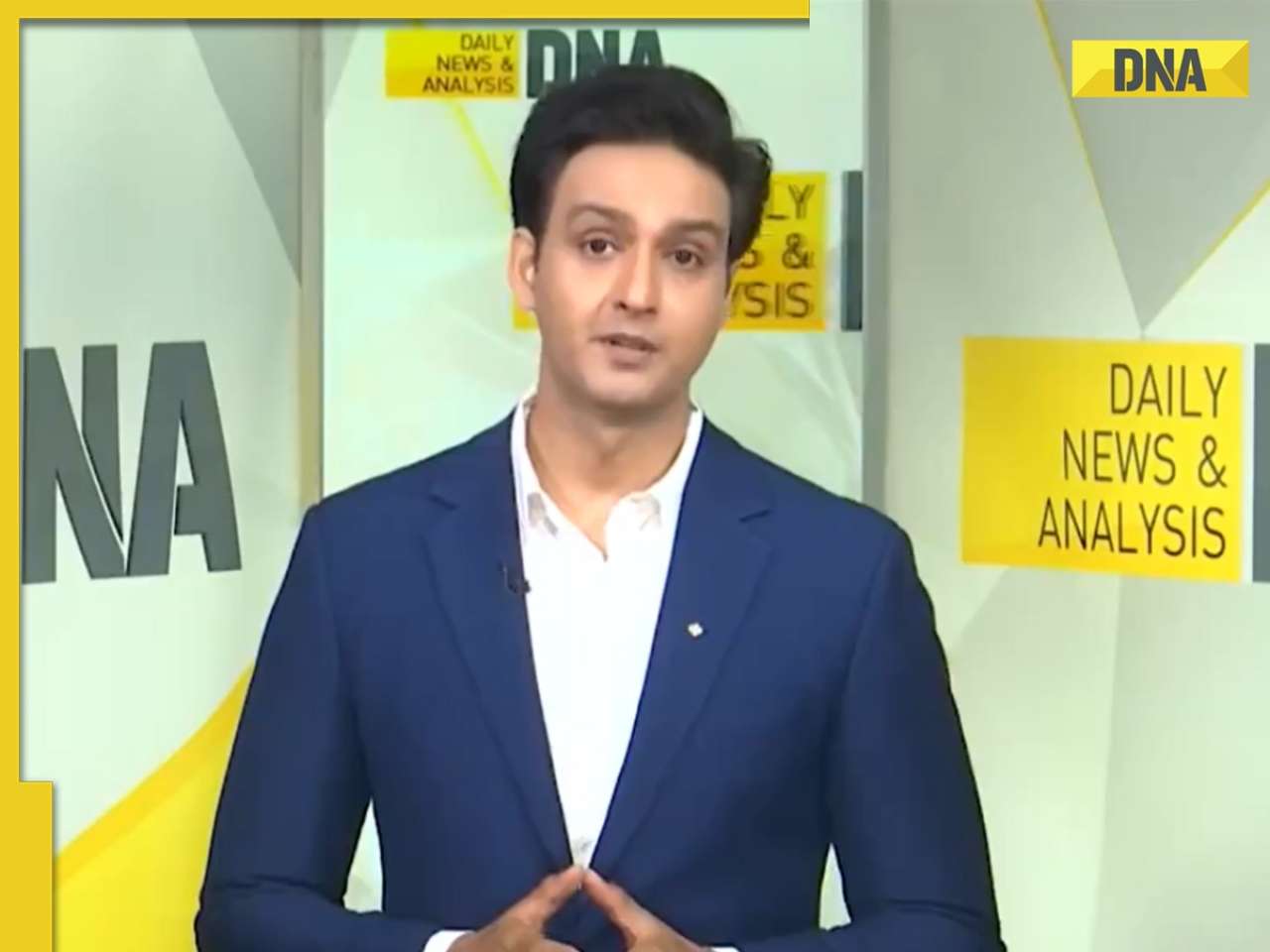

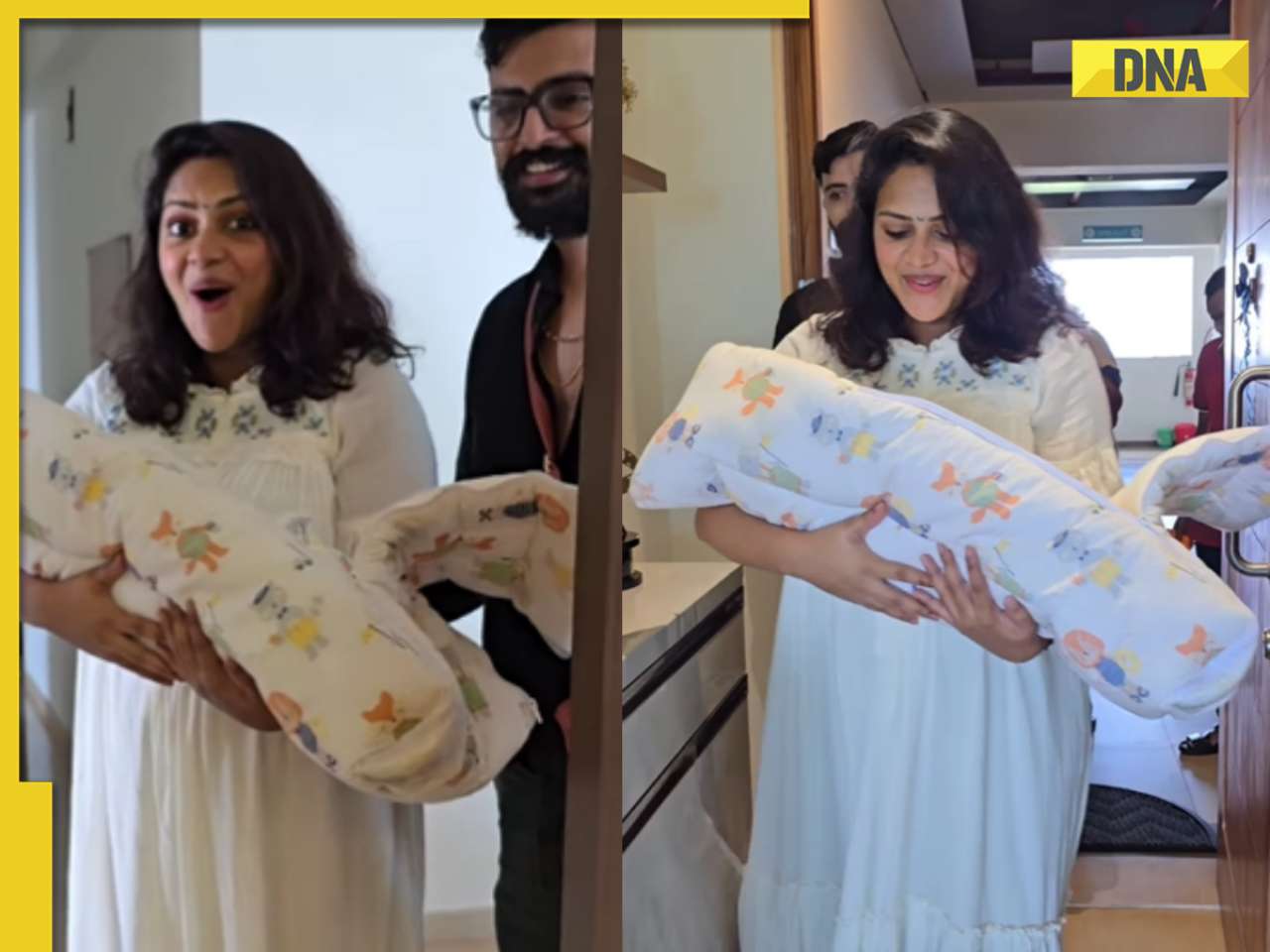
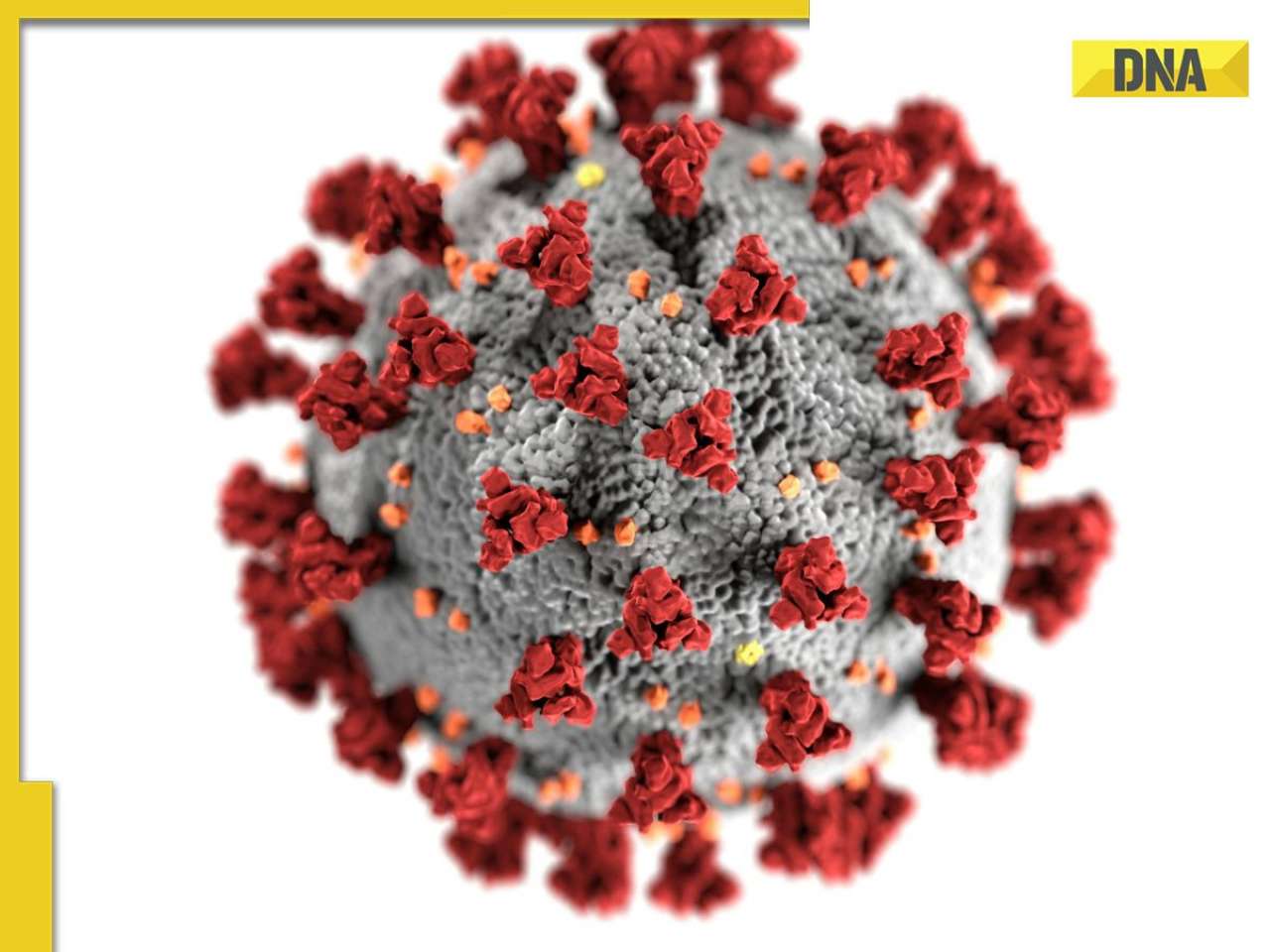





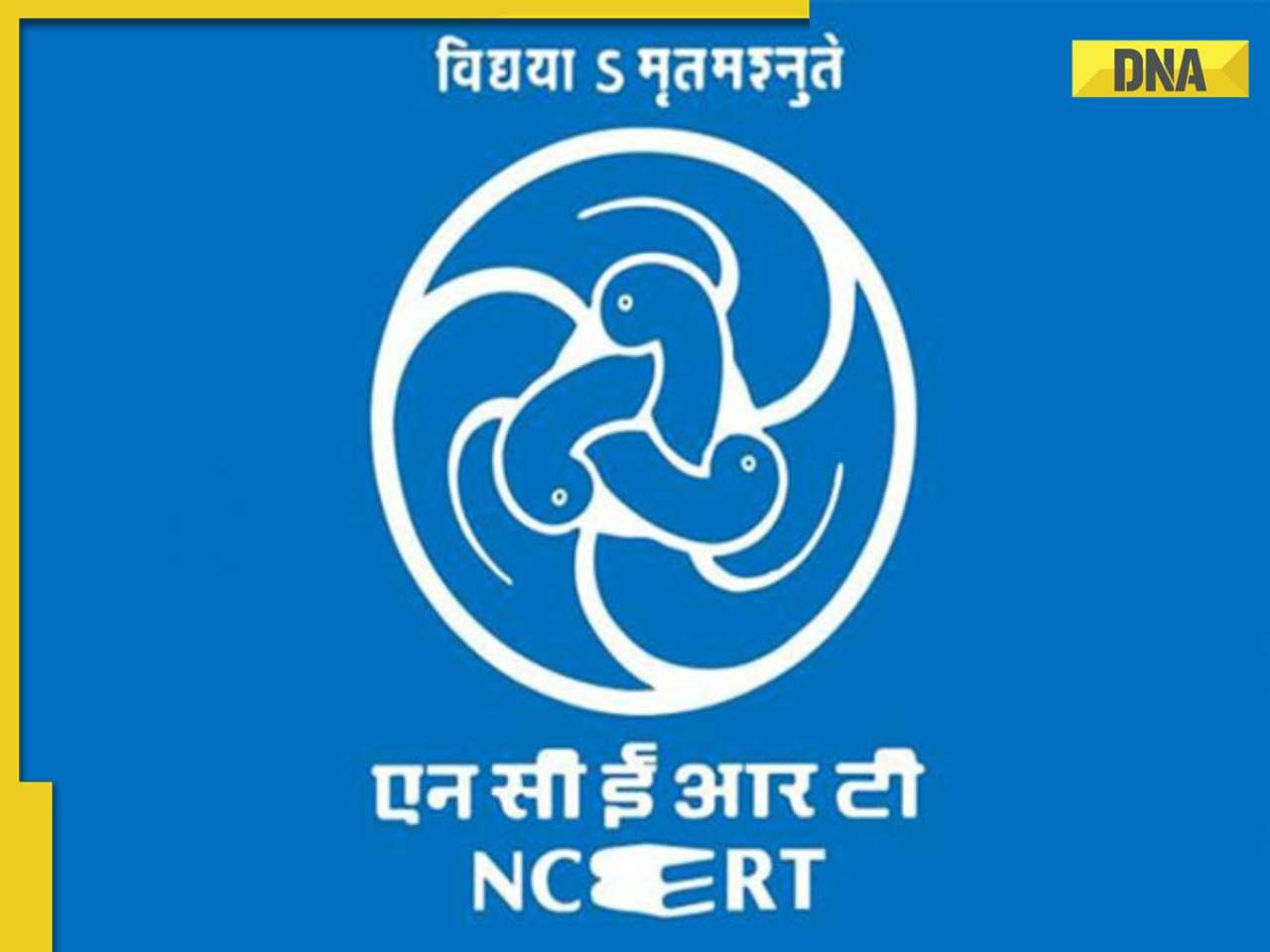
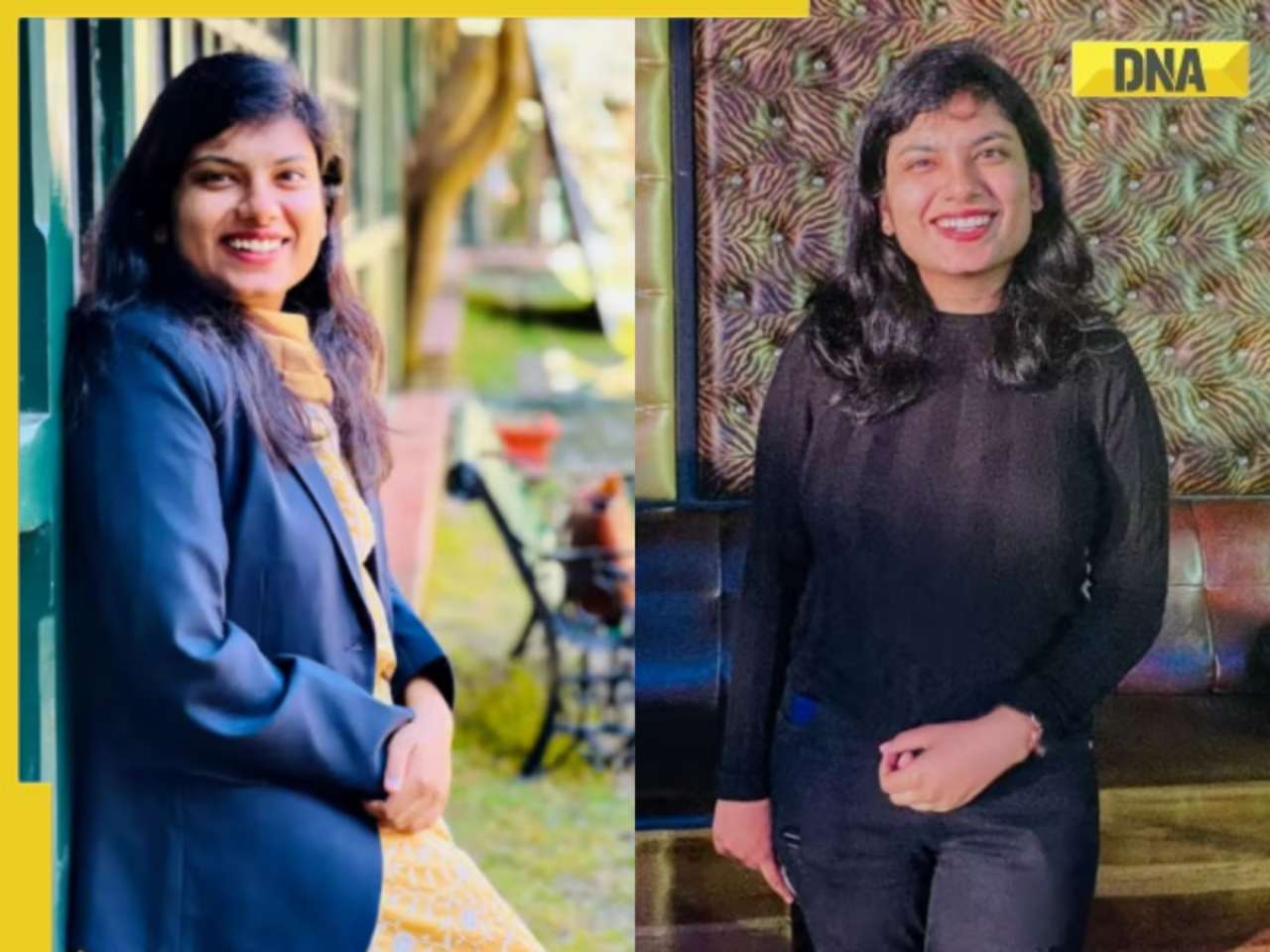
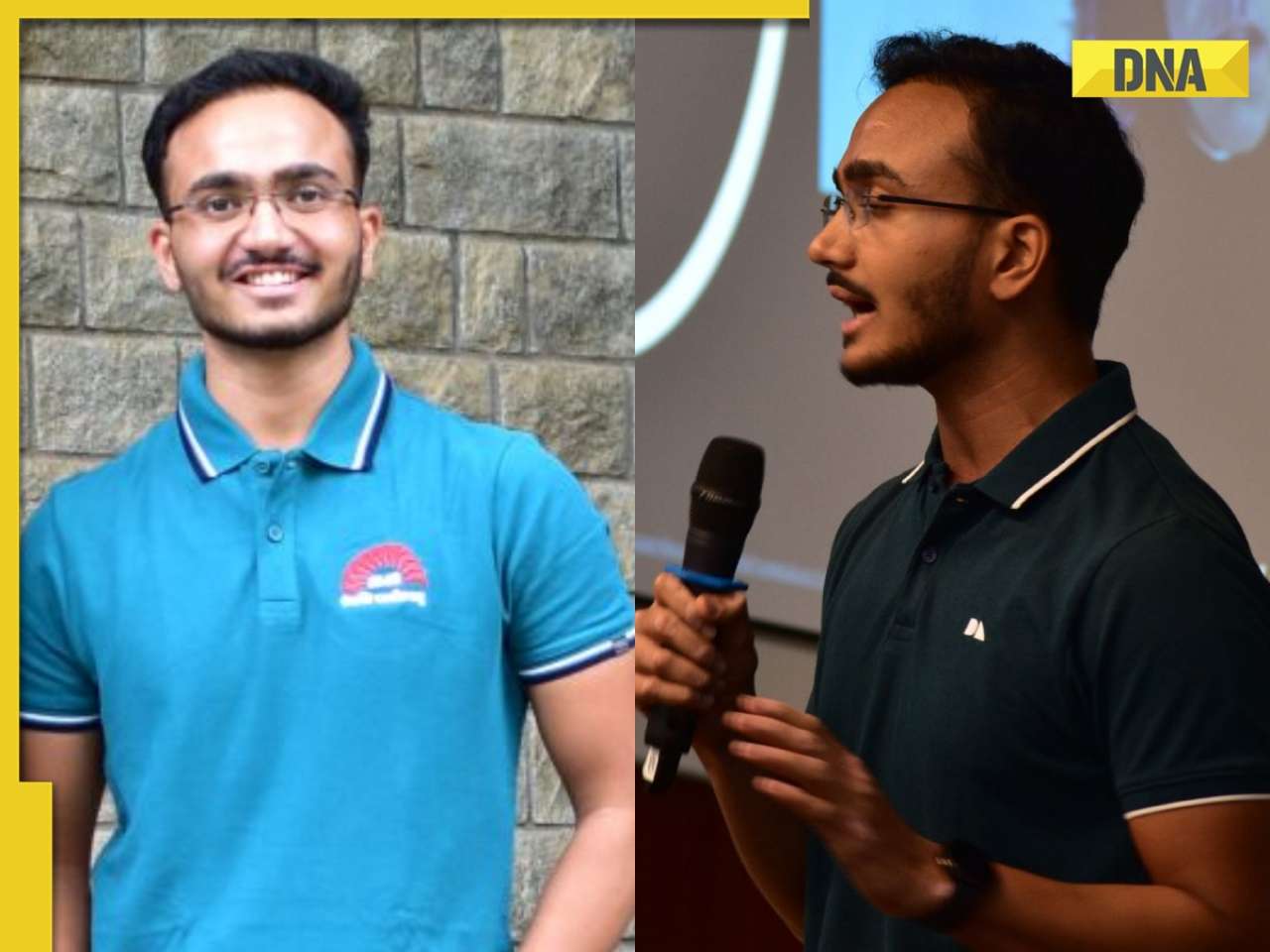

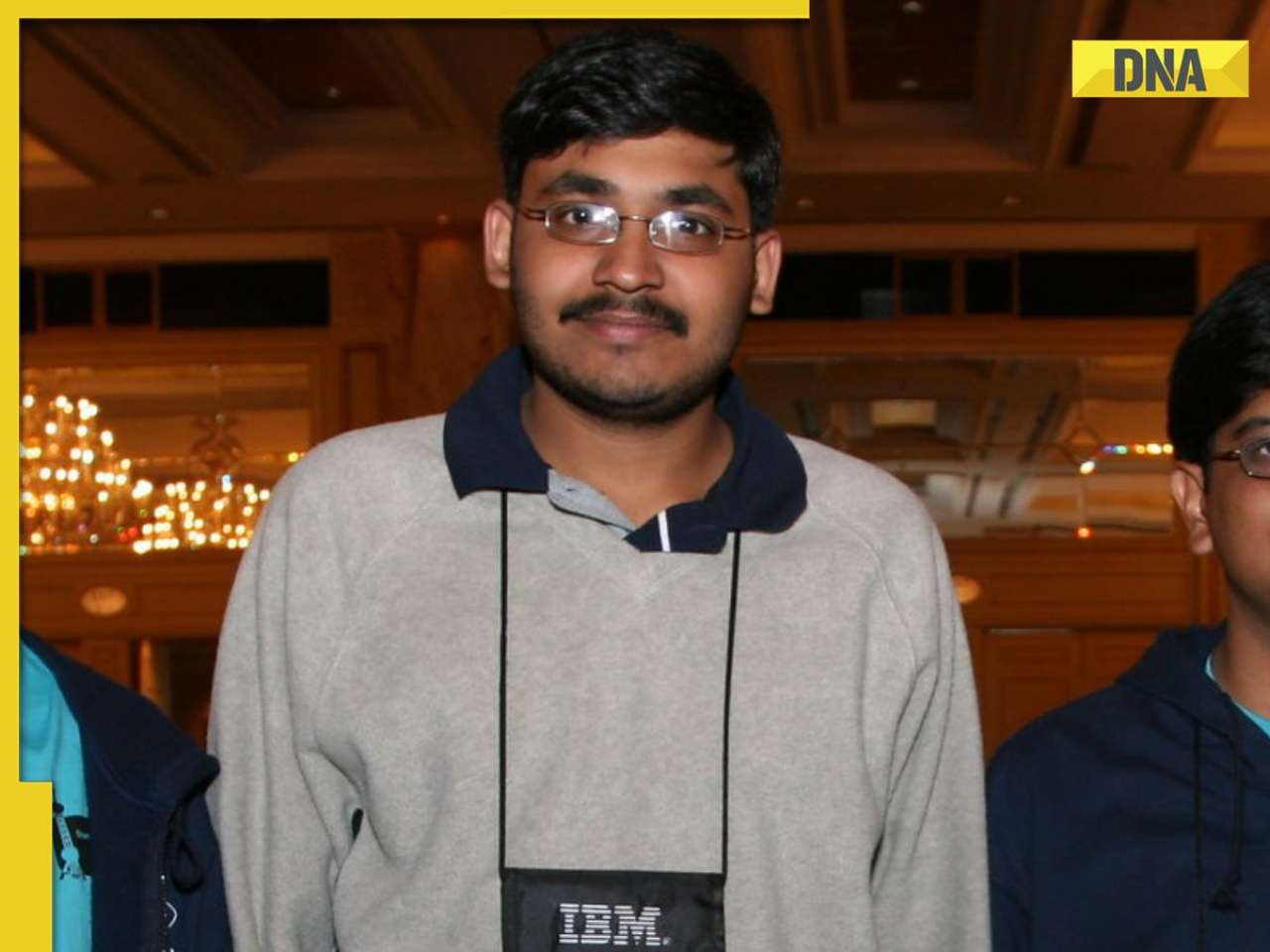





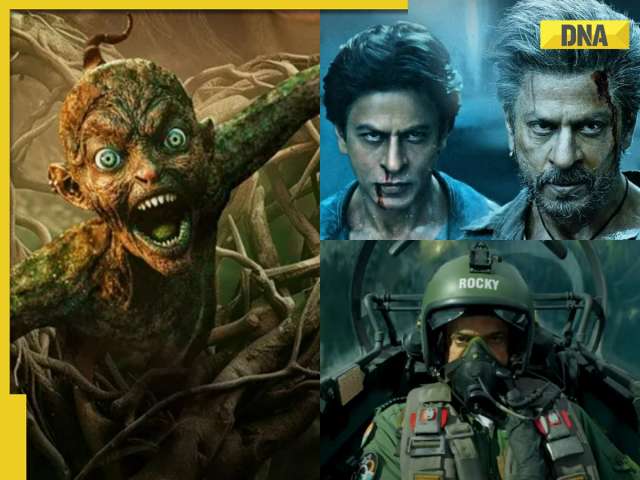
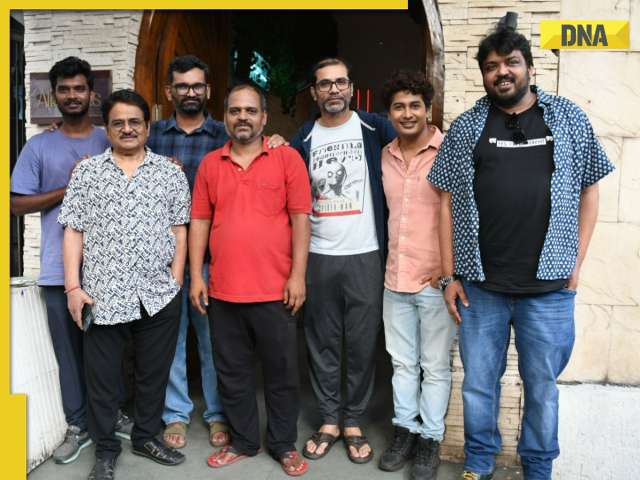
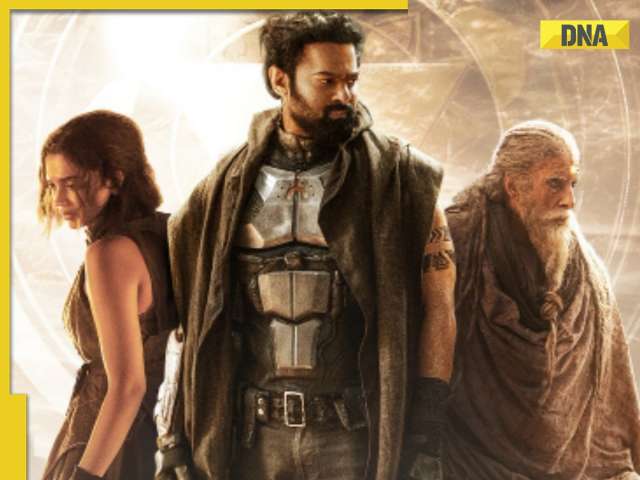







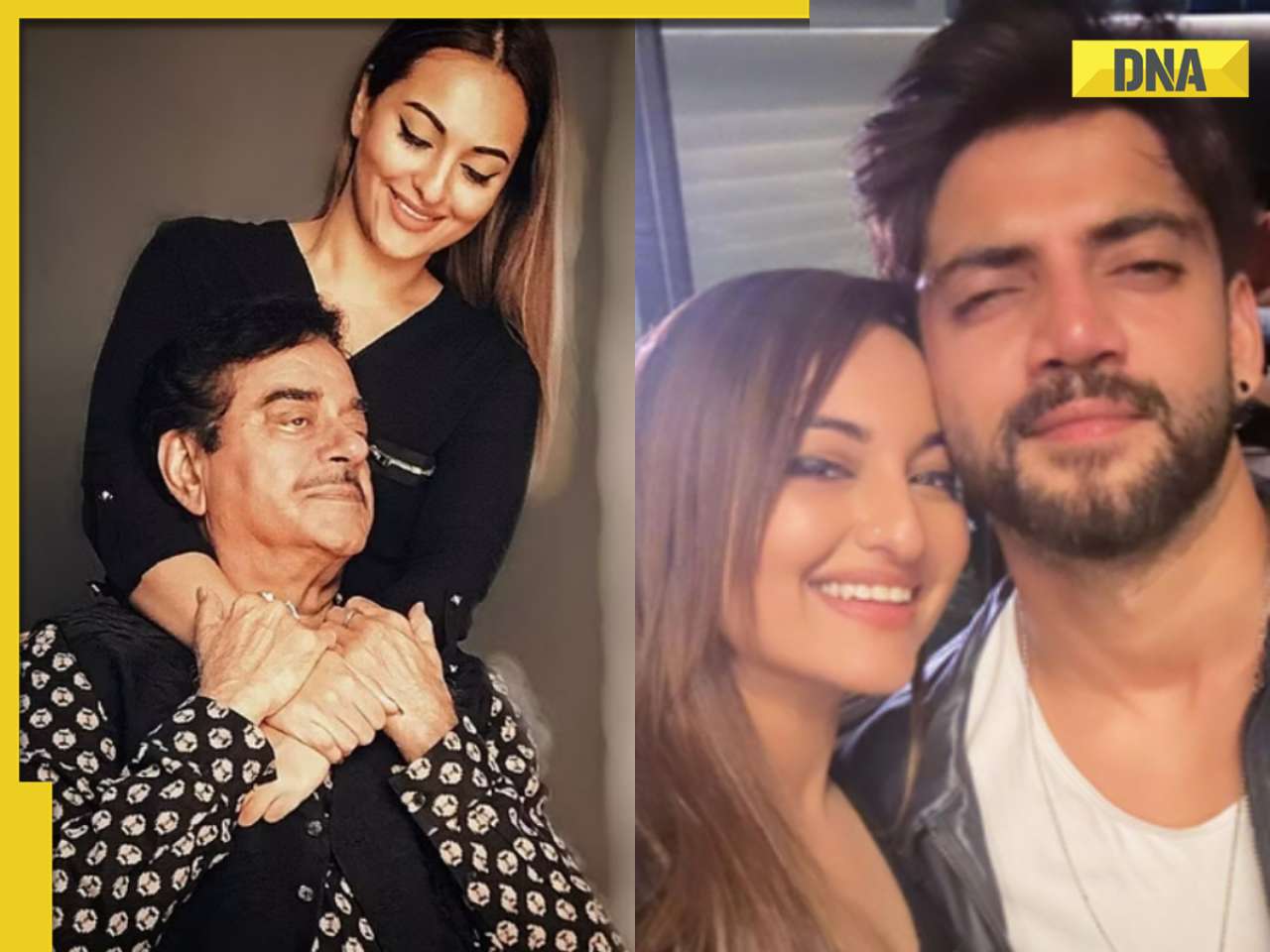
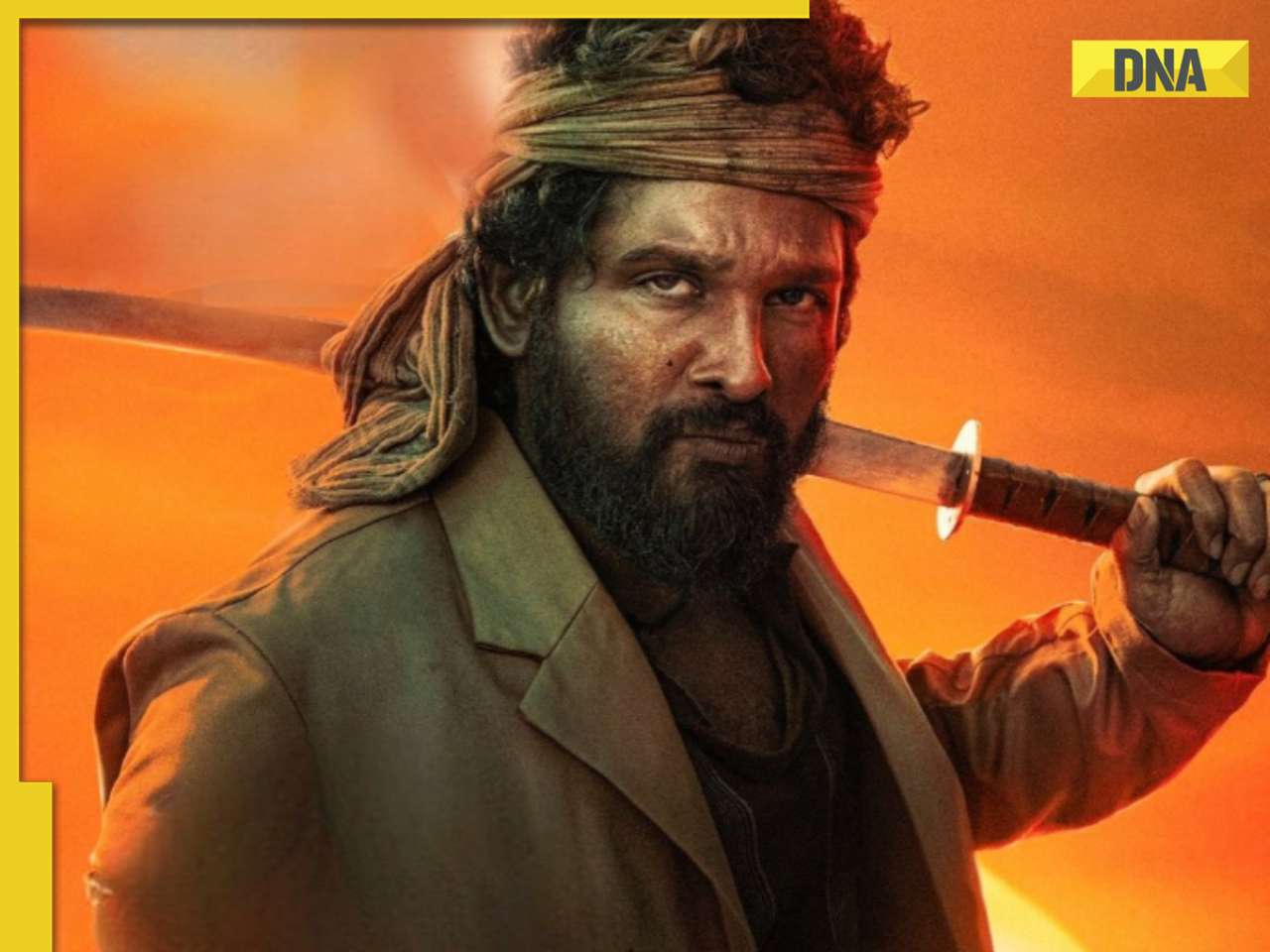
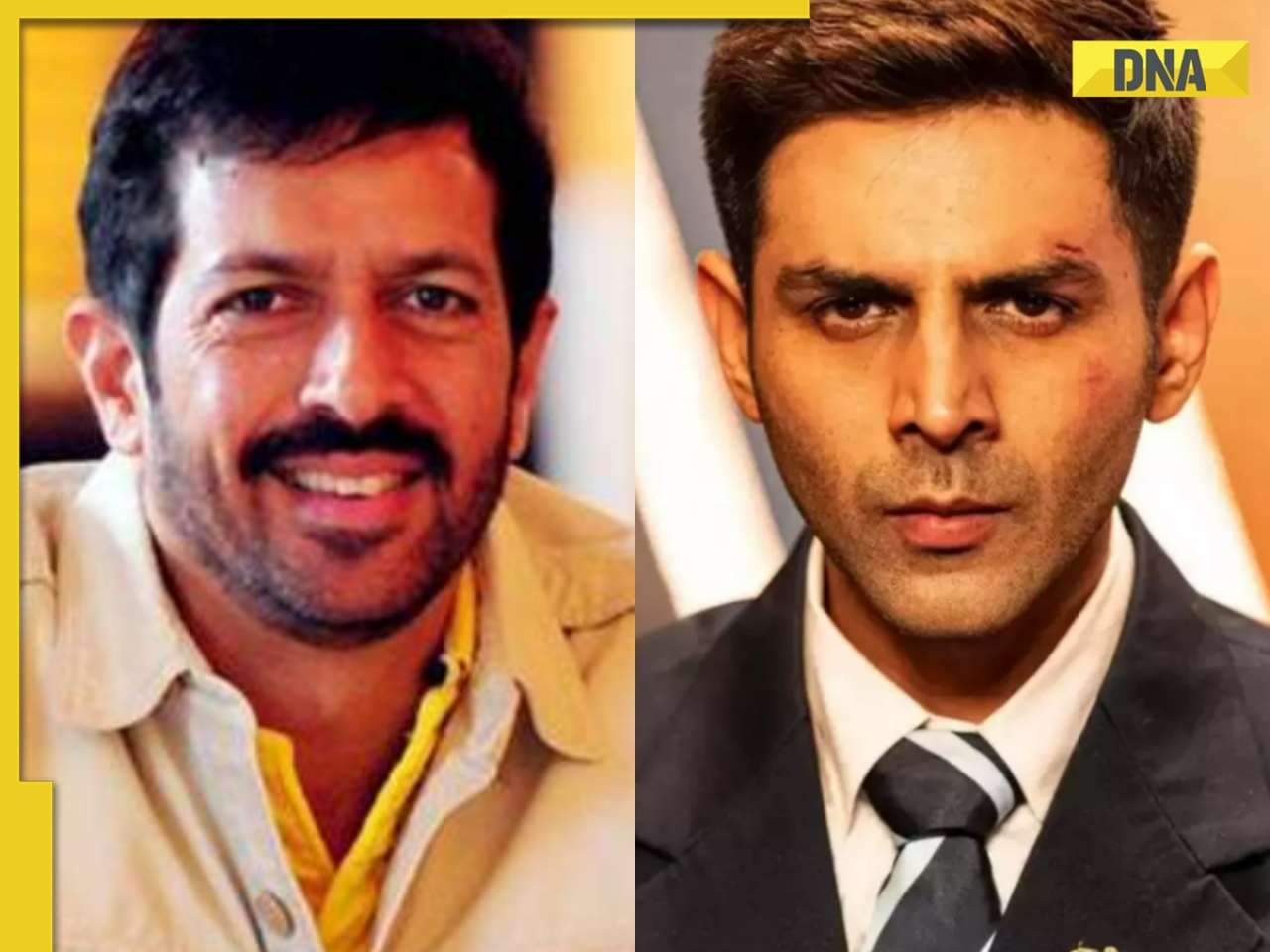
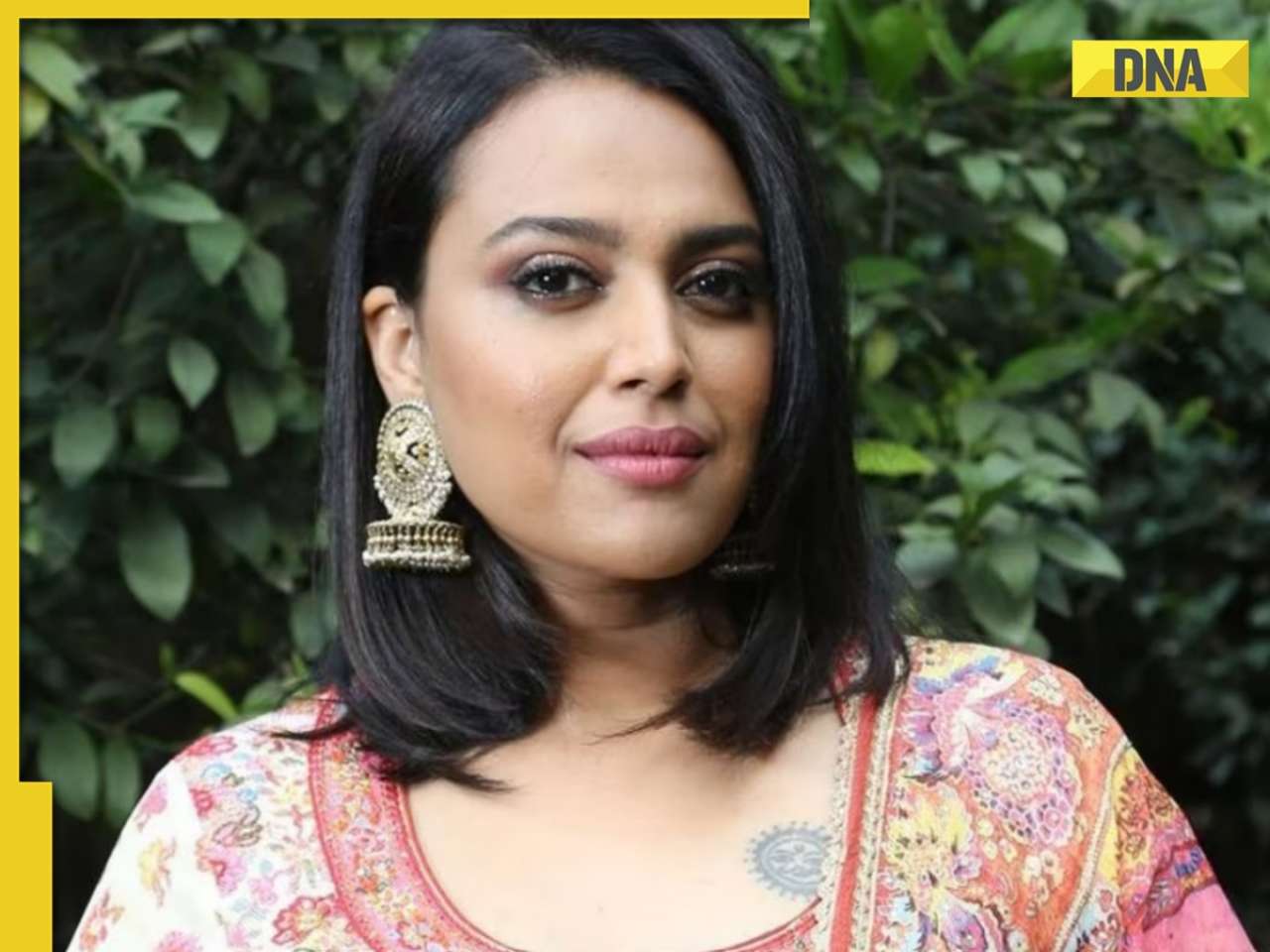


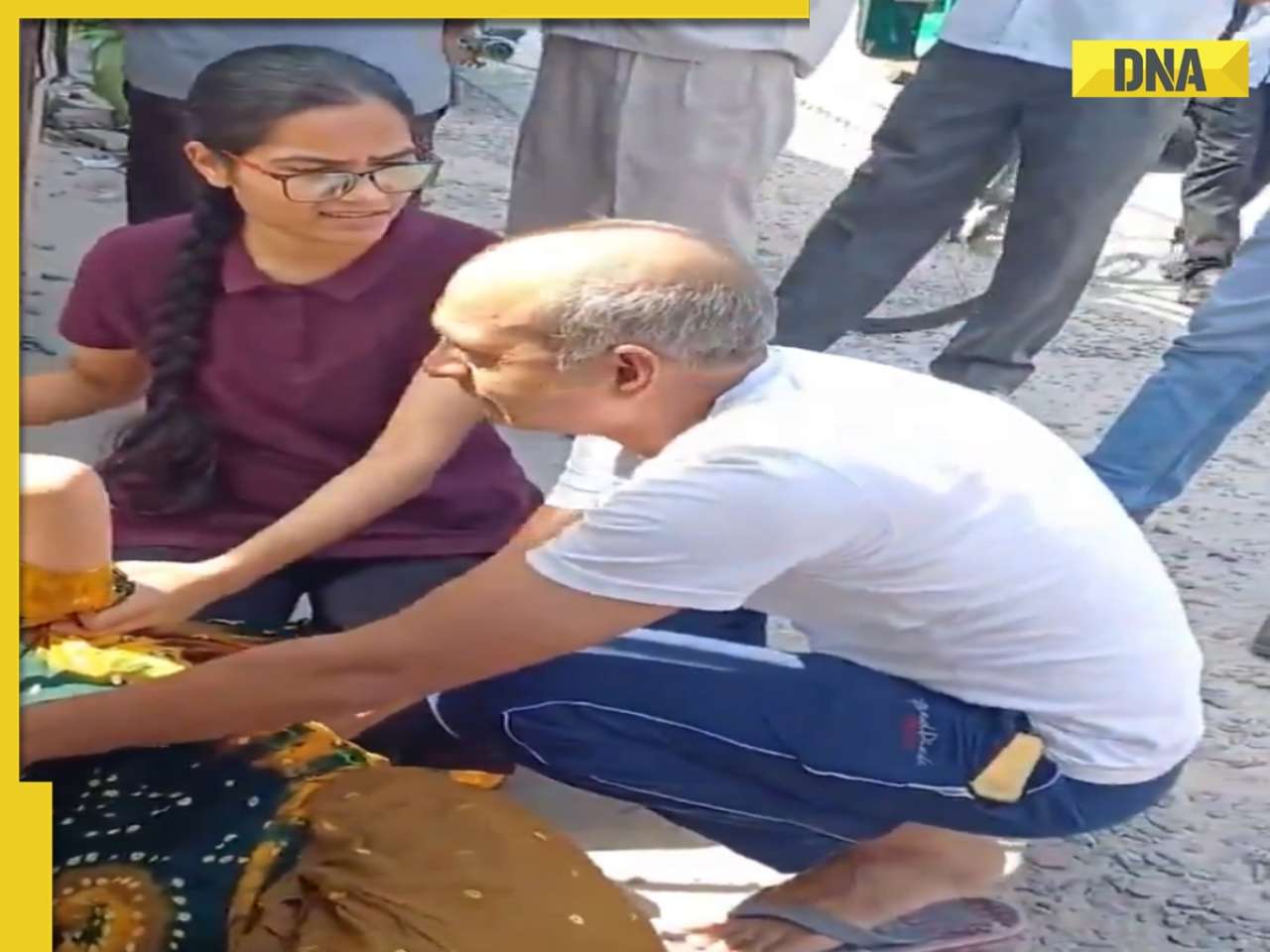
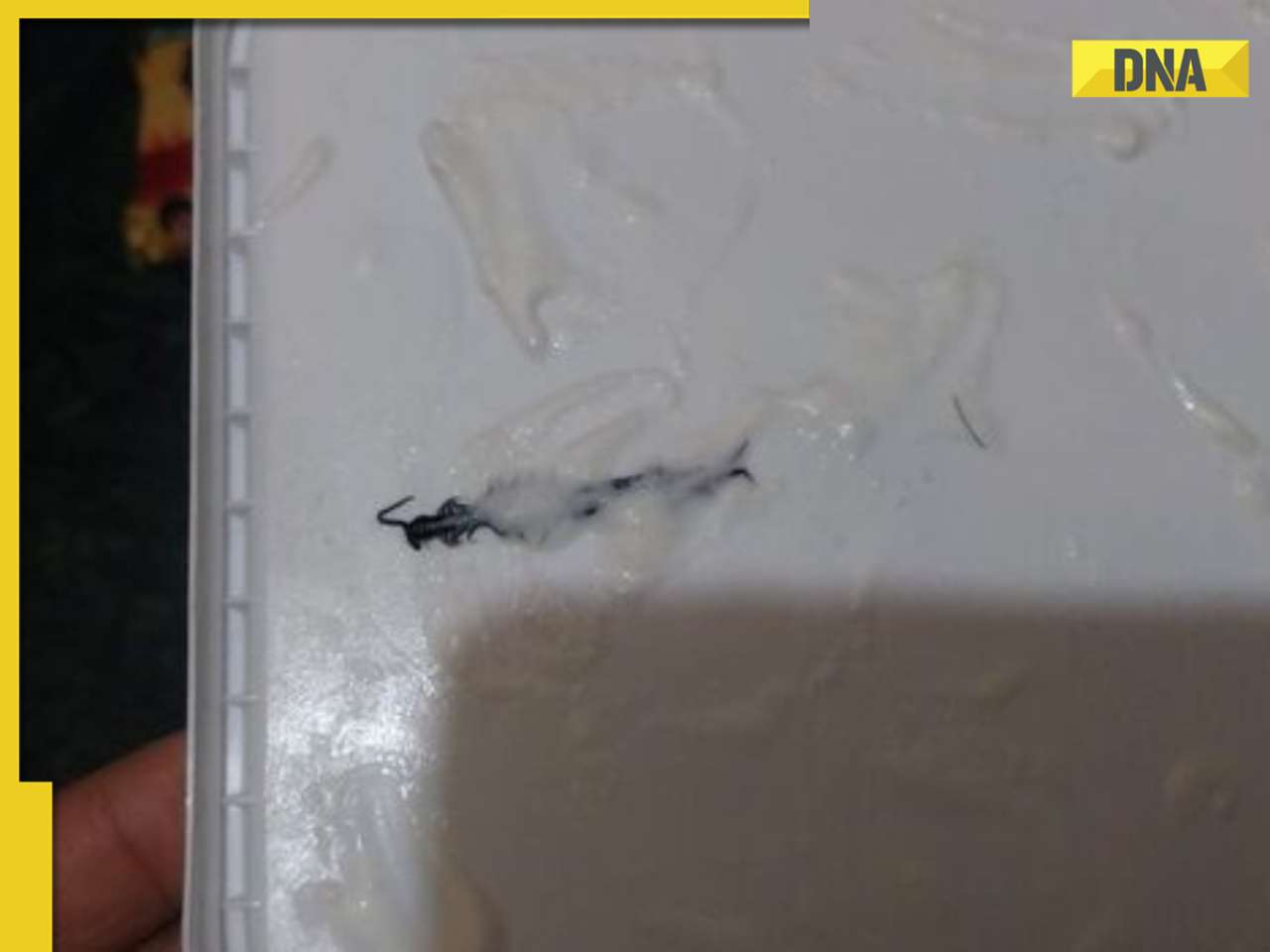
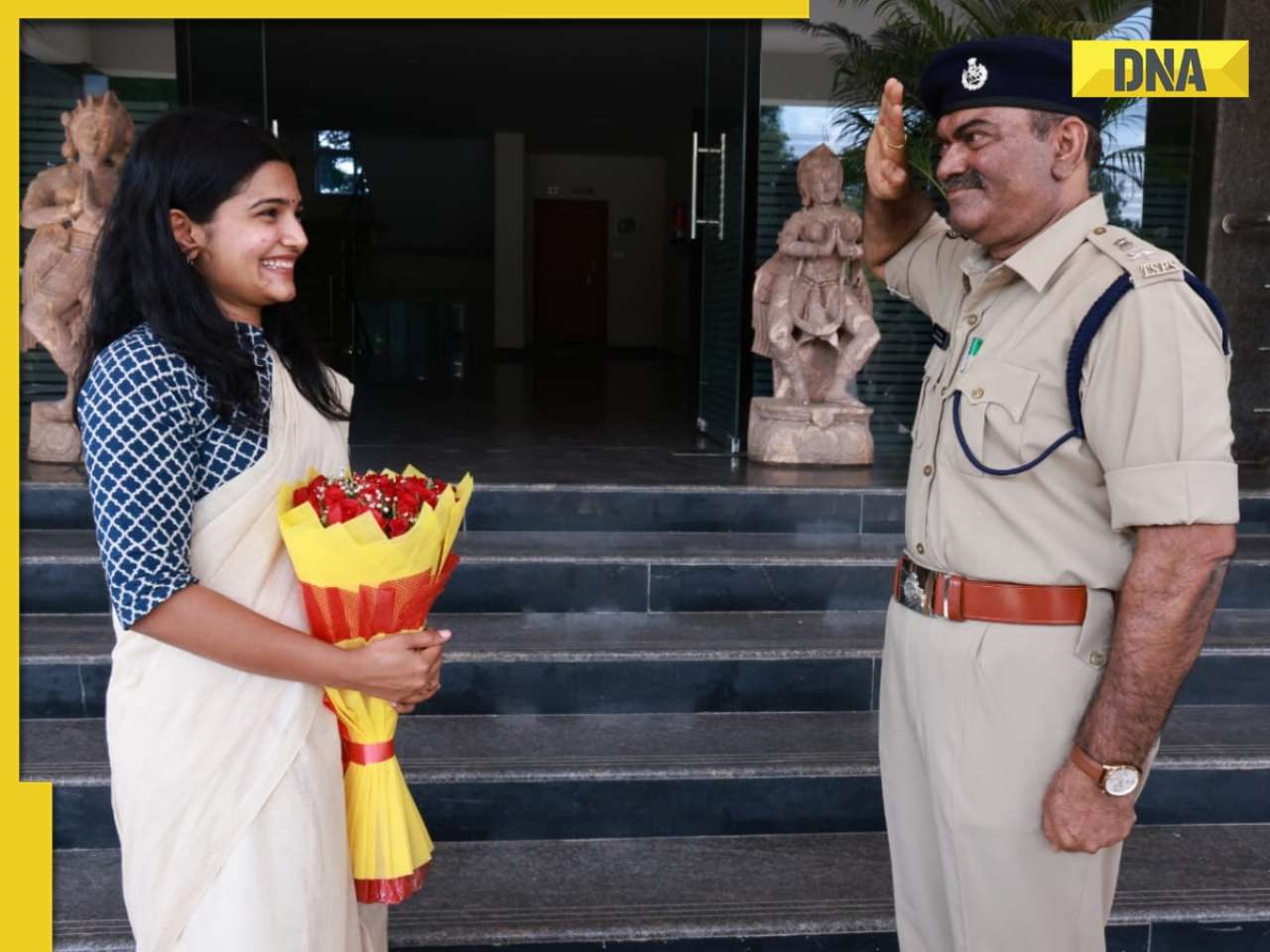

)

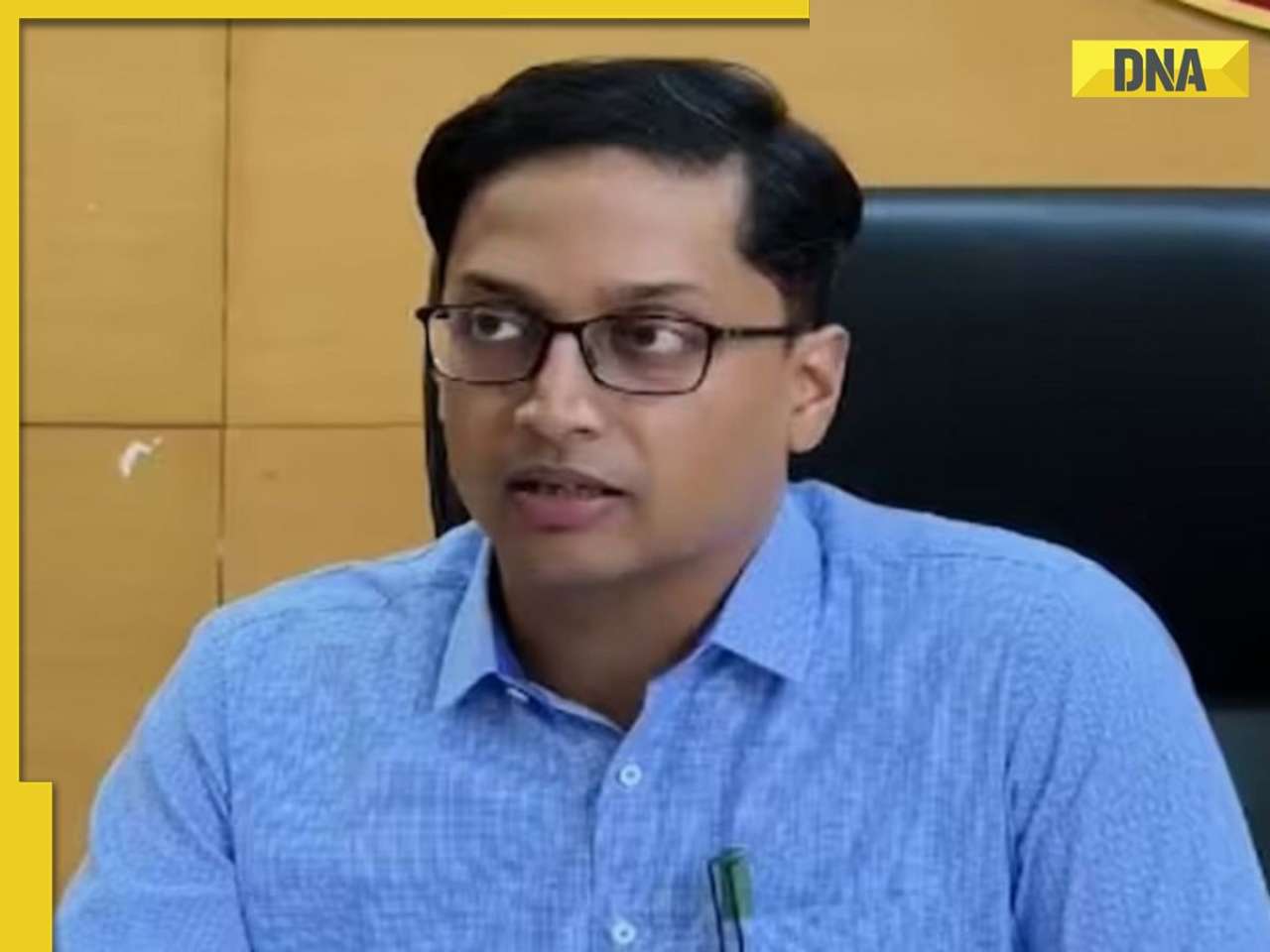
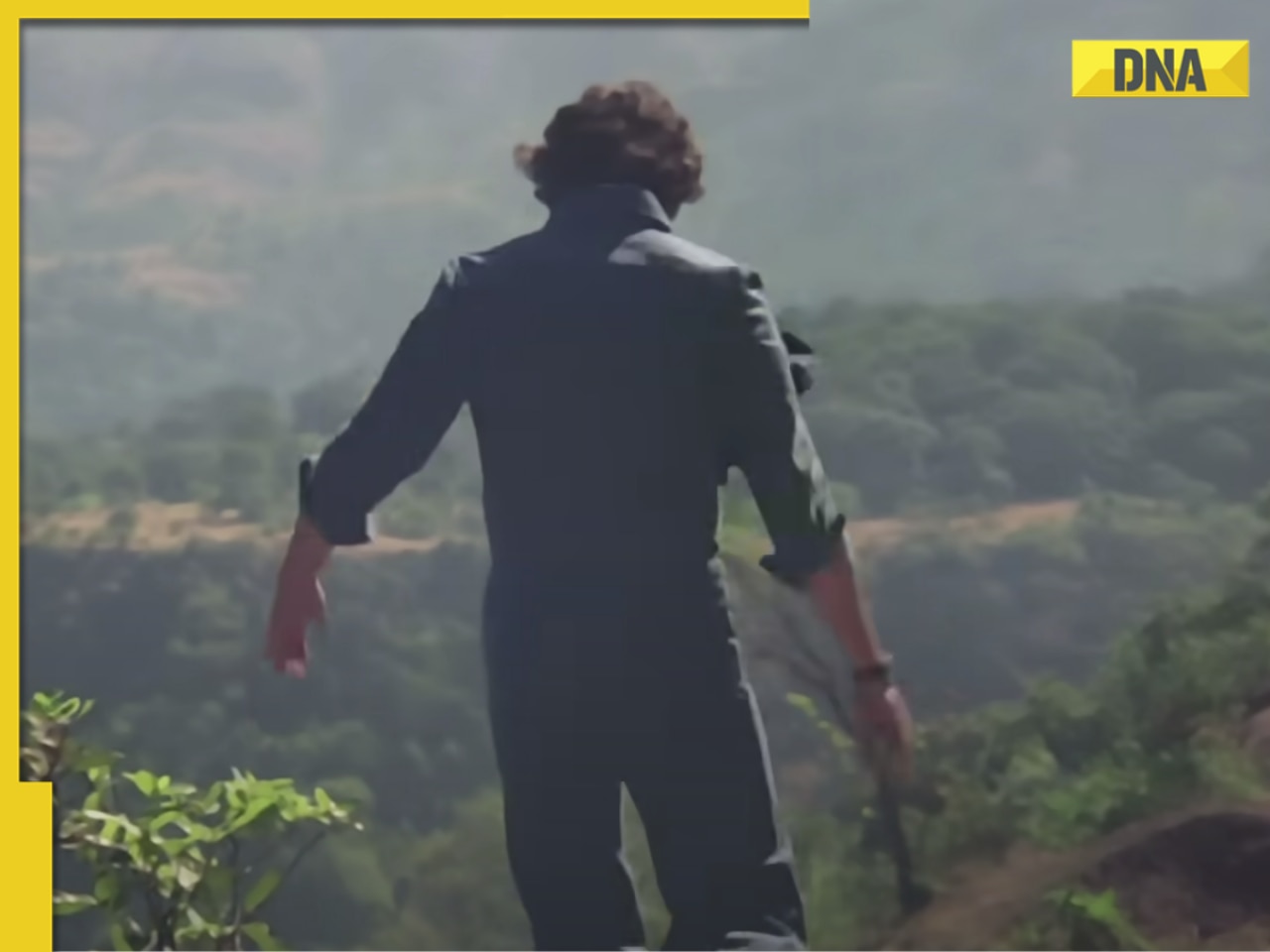

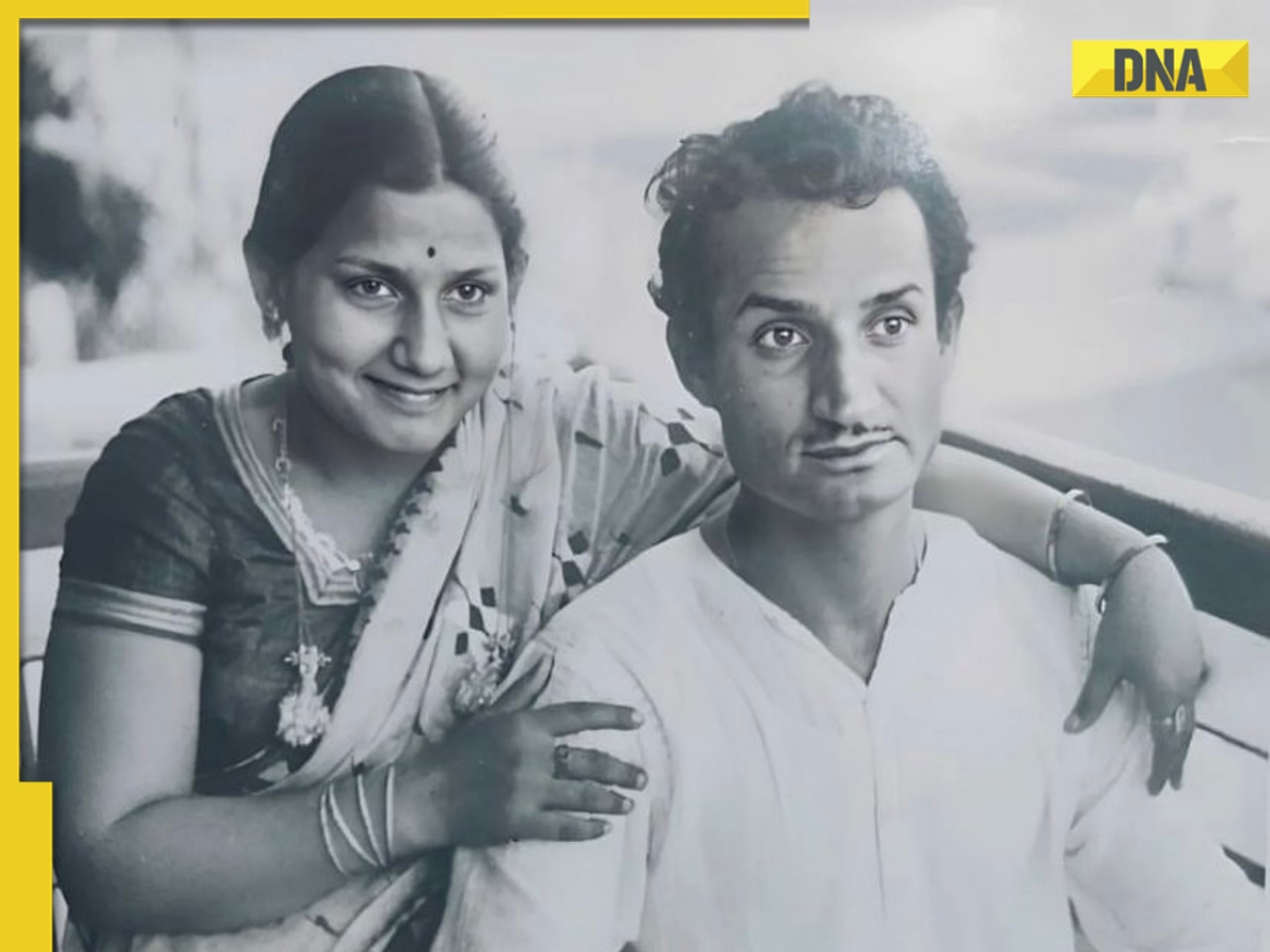
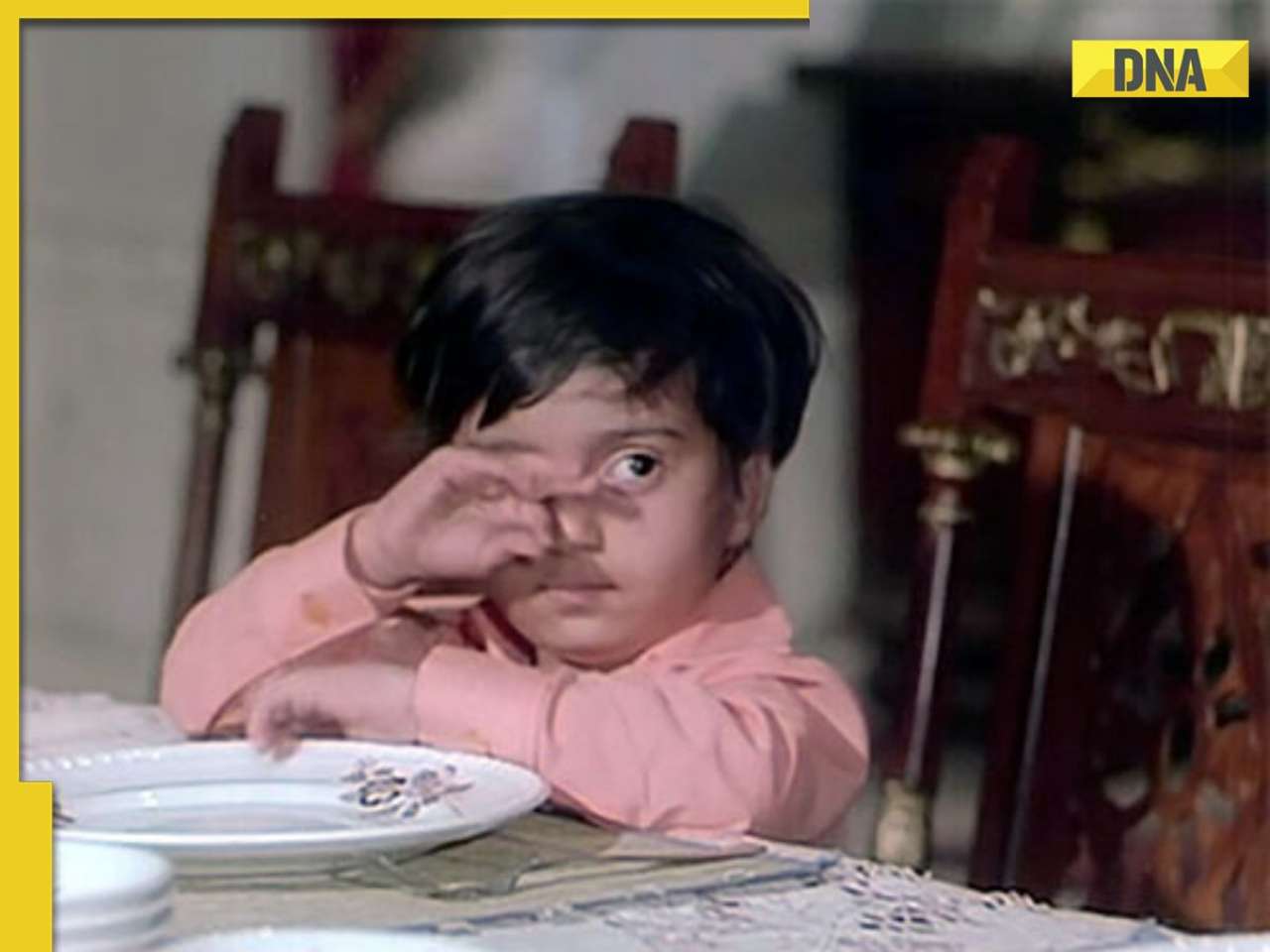
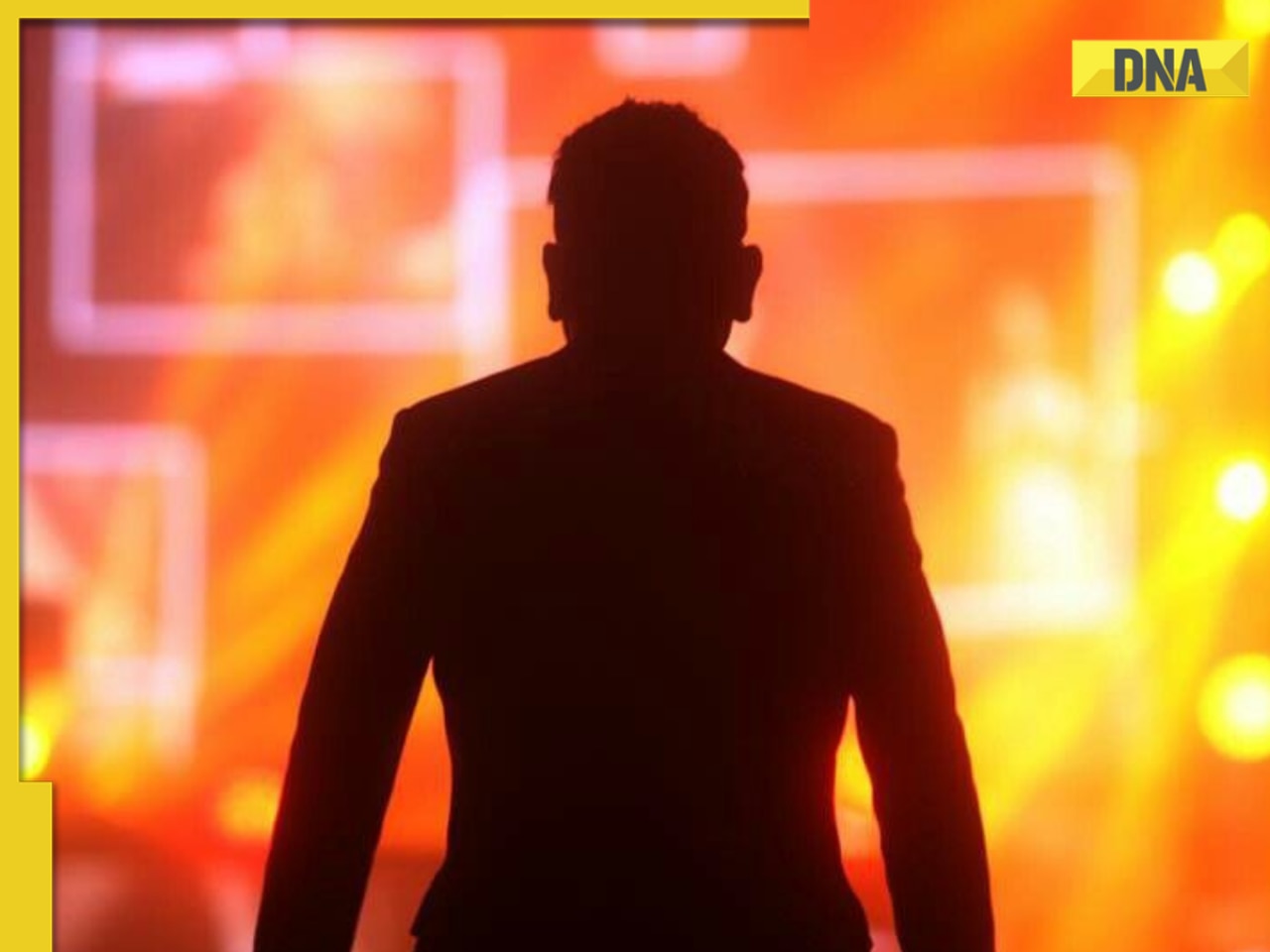
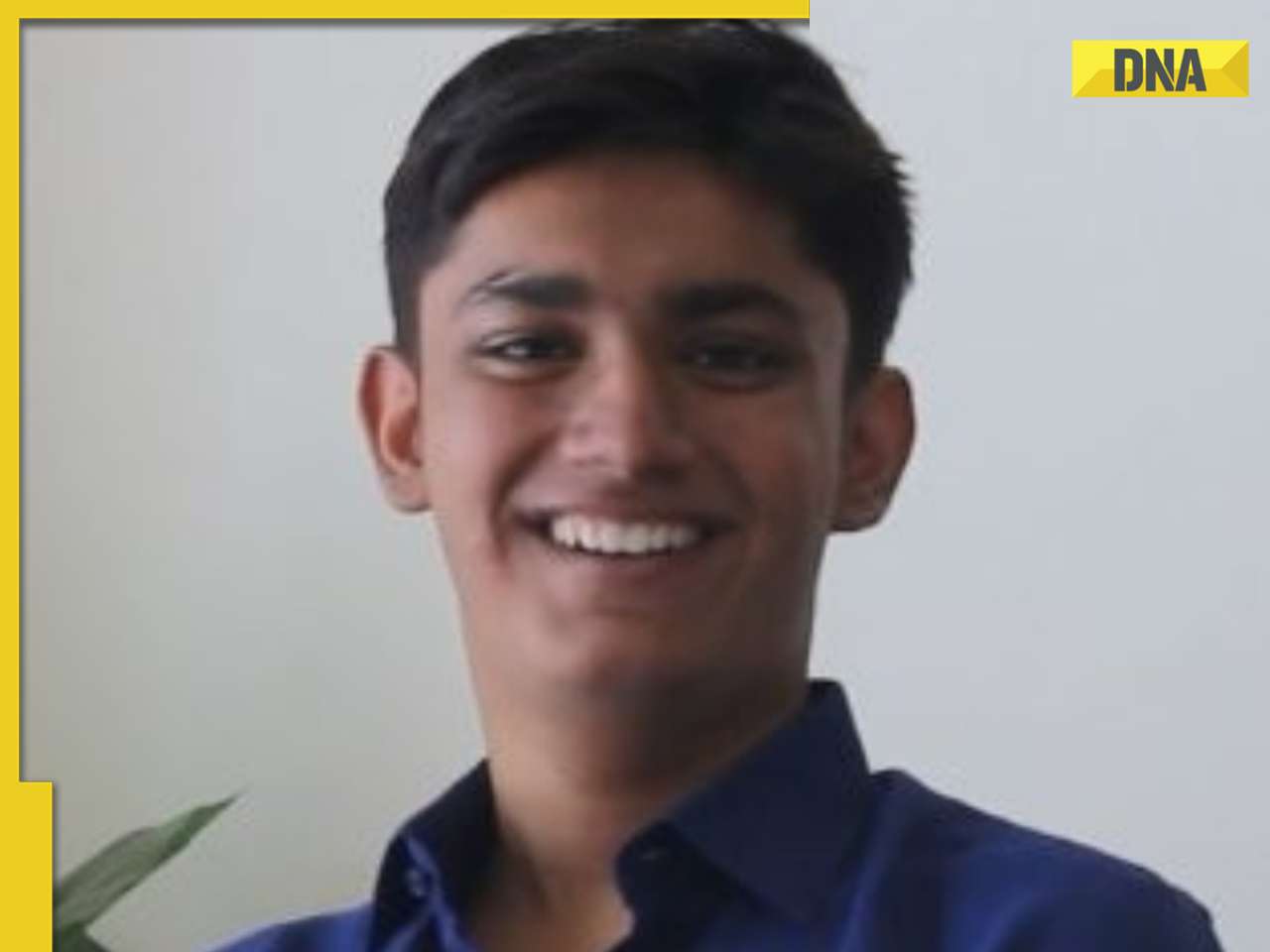
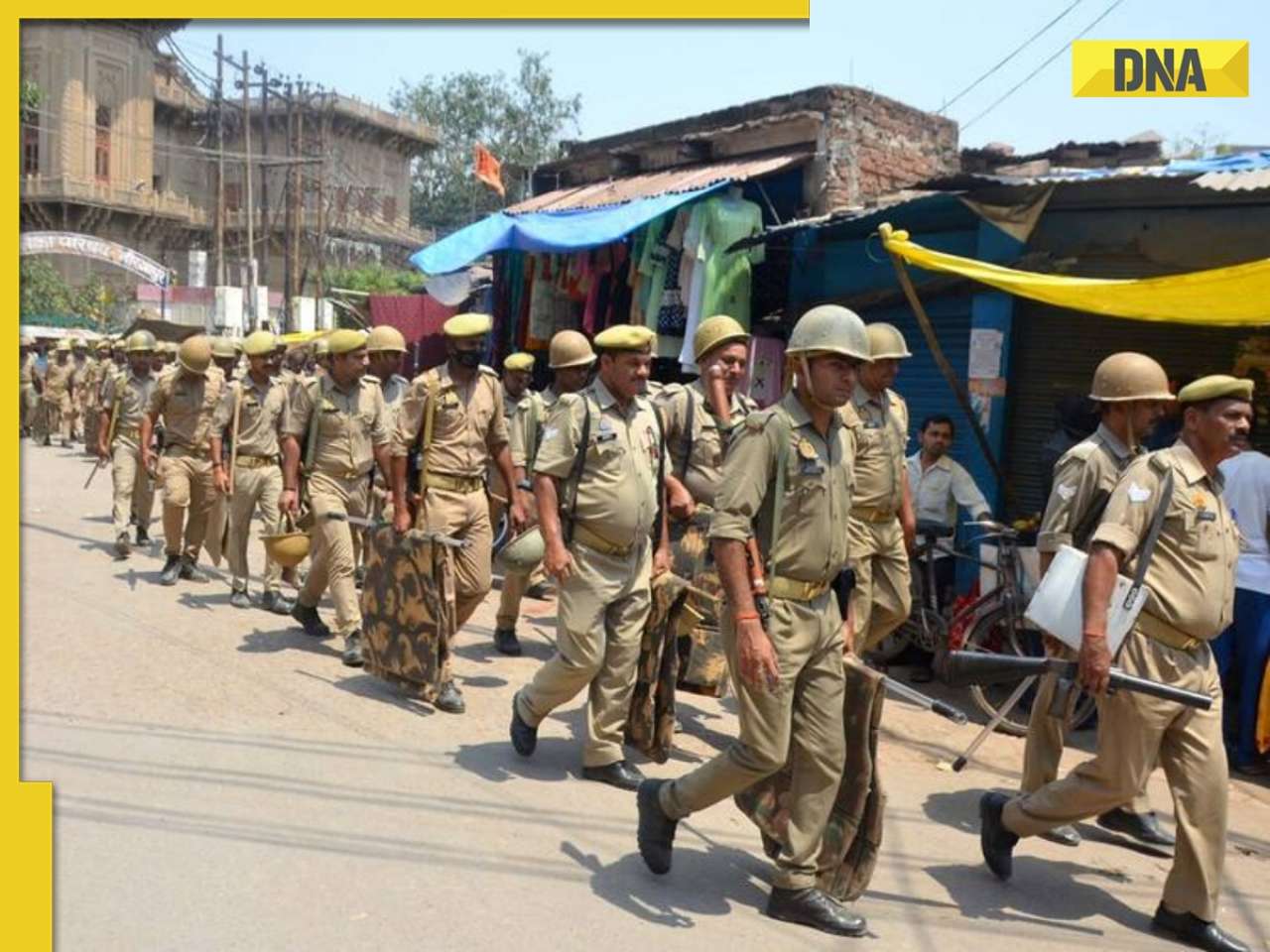
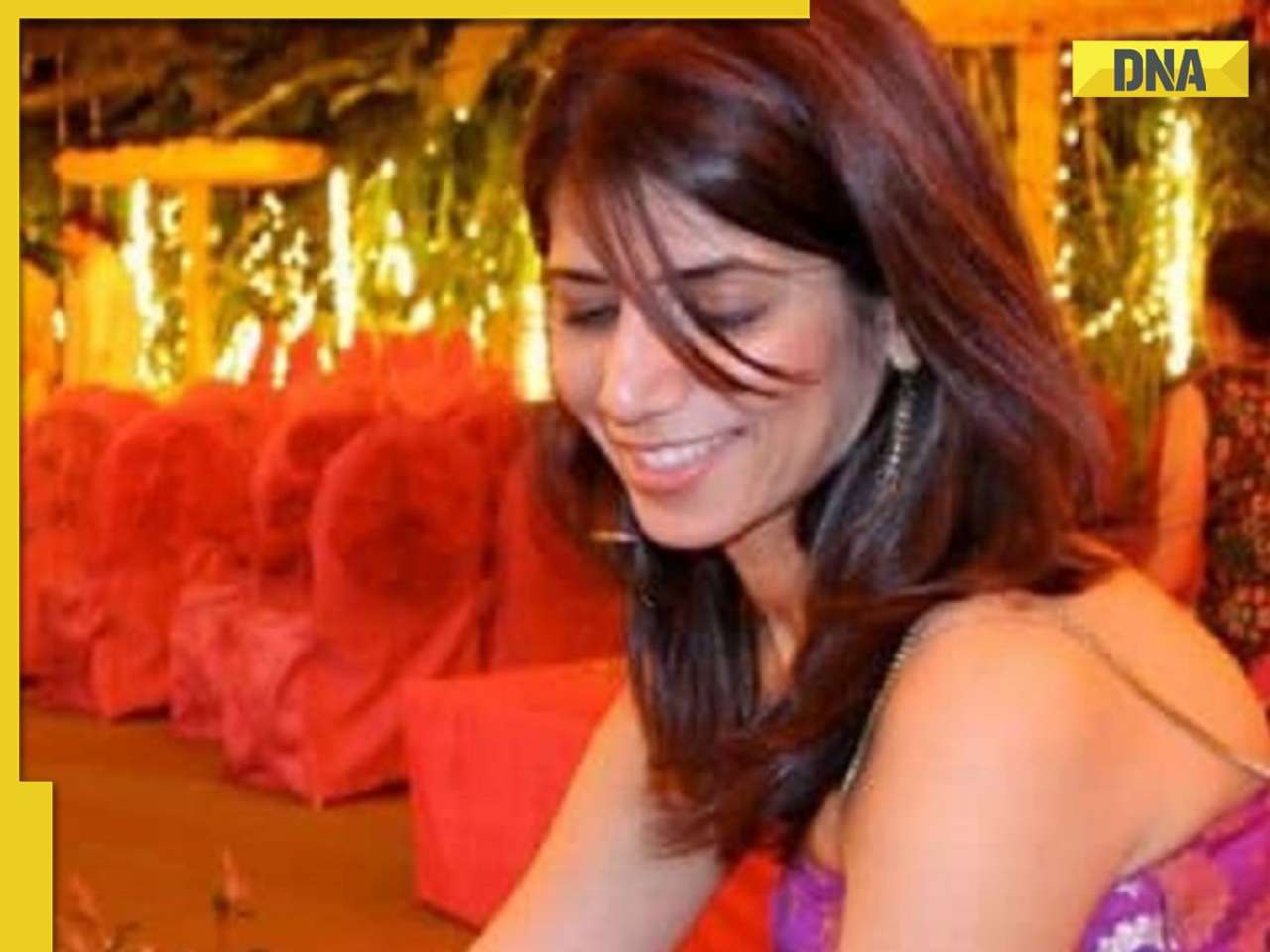




)
)
)
)
)
)